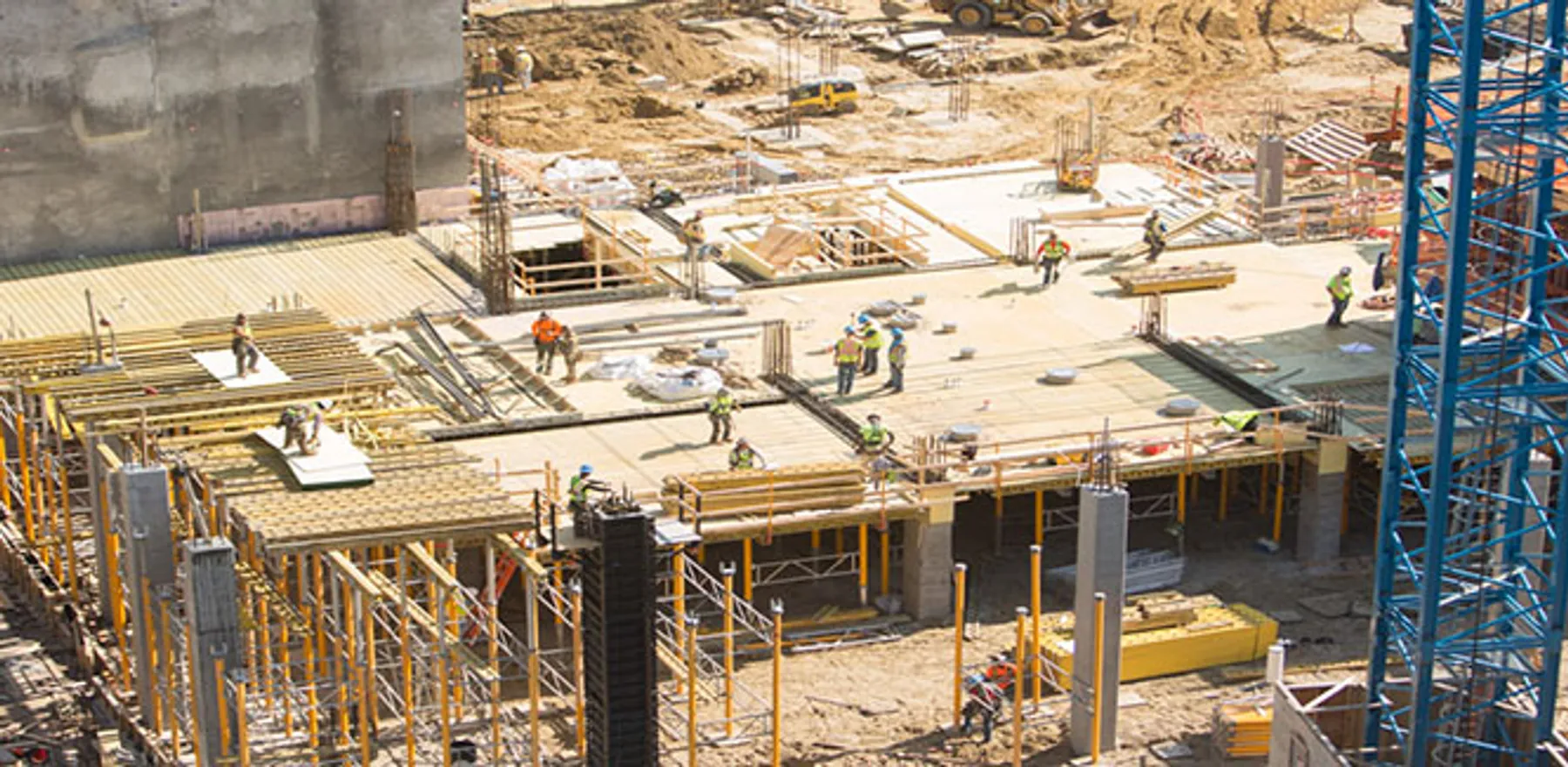What is Due Diligence?
In a commercial real estate transaction, the due diligence period refers to a specific timeframe during which the buyer has the opportunity to conduct thorough investigations and assessments of the property before finalizing the purchase. This period typically occurs after the buyer and seller have signed a purchase agreement or entered into a contract but before the closing of the transaction.
During the due diligence period, the buyer has the opportunity to gather relevant information, assess the property’s condition and financial performance, and identify any potential risks or issues that may affect the purchase decision. The length of the due diligence period can vary depending on the complexity of the transaction and the terms negotiated between the parties, but it typically ranges from a few weeks to a couple of months.
What does the Due Diligence Process Look Like?
Here are some key components of the due diligence process in a commercial real estate transaction:
- Physical Inspection: The buyer conducts a physical inspection of the property to assess its condition, identify any visible defects or maintenance issues, and ensure that it meets their requirements. This may involve hiring inspectors, engineers, or other professionals to evaluate structural integrity, building systems, environmental concerns, and compliance with building codes and regulations.
- Financial Analysis: The buyer reviews financial documents and records related to the property, including income and expense statements, rent rolls, lease agreements, property tax assessments, and operating budgets. This analysis helps the buyer understand the property’s financial performance, potential revenue streams, expenses, and cash flow projections.
- Legal and Title Review: The buyer’s legal team conducts a comprehensive review of legal documents and title records associated with the property, such as deeds, surveys, zoning ordinances, easements, liens, encumbrances, and property use restrictions. This ensures that the buyer obtains clear and marketable title to the property and identifies any legal issues or title defects that may need to be addressed.
- Environmental Assessment: Depending on the property’s location and history, the buyer may conduct environmental assessments, such as Phase I and Phase II environmental site assessments (ESAs), to identify potential environmental risks, contamination, or liabilities associated with the property. This information is crucial for evaluating environmental compliance and potential cleanup costs.
- Market Analysis and Due Diligence: The buyer conducts market research and due diligence to assess the property’s market value, comparable sales, rental rates, vacancy rates, demand drivers, and competitive landscape. This helps the buyer validate the investment thesis, understand market trends, and assess the property’s long-term viability and growth potential.
- Negotiation of Remedies or Adjustments: If the buyer uncovers any issues or concerns during the due diligence process, they may negotiate with the seller to address these issues through remedies, adjustments to the purchase price, or changes to the terms of the purchase agreement. This may involve requesting repairs, credits, escrow accounts, or contingencies to mitigate risks and protect the buyer’s interests.
Why is Due Diligence Important in a Real Estate Transaction?
The due diligence process is critically important in a real estate transaction for several reasons:
- Risk Mitigation: Conducting due diligence helps identify potential risks and liabilities associated with the property, such as environmental contamination, title defects, zoning issues, structural deficiencies, or lease disputes. Identifying these risks early in the transaction allows the buyer to assess their impact, evaluate the feasibility of mitigating measures, and make informed decisions about proceeding with the purchase.
- Informed Decision-Making: The due diligence process provides the buyer with essential information and insights necessary to make informed decisions about the property purchase. By thoroughly analyzing the property’s condition, financial performance, legal status, and market dynamics, the buyer can assess its suitability, value, and potential for investment returns.
- Financial Analysis: Due diligence enables the buyer to conduct a comprehensive financial analysis of the property, including reviewing income and expense statements, rent rolls, lease agreements, and property tax assessments. This analysis helps the buyer evaluate the property’s revenue-generating potential, operating costs, cash flow projections, and return on investment.
- Legal and Title Assurance: Reviewing legal documents and title records during due diligence ensures that the buyer obtains clear and marketable title to the property, free from encumbrances, liens, or legal disputes. This helps protect the buyer’s ownership rights and financial interests in the property and minimizes the risk of future legal challenges or title defects.
- Negotiation and Risk Allocation: The due diligence process provides an opportunity for the buyer to negotiate with the seller regarding any issues or concerns uncovered during the investigation. This may involve requesting repairs, credits, price adjustments, escrow accounts, or contractual contingencies to address identified risks and allocate responsibility between the parties appropriately.
- Compliance and Regulatory Considerations: Due diligence ensures that the property complies with applicable laws, regulations, and zoning ordinances governing land use, construction, environmental protection, and property rights. This helps the buyer avoid potential legal liabilities, fines, or regulatory violations that could arise from non-compliance with relevant requirements.
- Investment Protection: By conducting thorough due diligence, the buyer can mitigate the risk of unforeseen problems, disputes, or financial losses that could arise after completing the transaction. Investing time and resources in due diligence upfront helps protect the buyer’s investment and enhances confidence in the property’s long-term viability and value.
Overall, the due diligence process serves as a critical risk management tool in real estate transactions, enabling buyers to assess property risks, evaluate investment opportunities, negotiate terms, and ensure compliance with legal and regulatory requirements. It plays a crucial role in facilitating informed decision-making, minimizing uncertainties, and maximizing the likelihood of a successful and profitable transaction.
By Thomas McCoy




